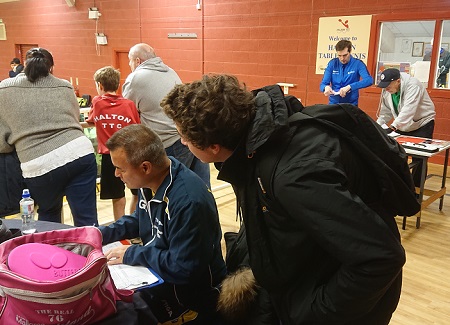George Bernard Shaw once stated that 'those who can't do, teach', but is it true? Certainly I have come across many poor chess players who, as they gave up on their efforts to improve their own play, decided it was as well to sabotage others instead. Yet I have my doubts about Shaw's credibility, and not just because he also stated that 'chess is a foolish expedient for making idle people believe they are doing something very clever when they are only wasting their time'. He was a fan of the USSR, which did not turn out well, and once described vaccination as 'a peculiarly filthy piece of witchcraft'.
Personally I have found teaching and coaching to be a very enriching experience. As you immerse yourself in the learning experience of others, and think how you might help them, you learn a great deal yourself. Explaining different concepts often means that you have to think more deeply about them than ever before, a strong player may intuitively feel that a move is bad but can they then put their feelings into words and provide a succinct, logical explanation?
These thoughts are why I am so pleased that my son Sam began to learn more about coaching today. It was not chess coaching, but rather table tennis, where his job was to help cheer his club's young players up as they went into battle. It has not gone unnoticed that Sam is a fierce and experienced competitor who never gives up, and this mentality is infectious. He knows to reset after a loss and sees when others need to do this. Below he is pictured with his coach George (seated), just before the competition began:

I kept out of the way and read up on database security instead, but in the moments I spent inside the playing hall it was interesting to see the many similarities with chess events. Many parents and coaches were way too invested in the outcomes, and this clearly had an effect on their charges. It is good to take it seriously but when the game starts your inner child needs to do the playing rather than someone burdened with the expectations of those around them. Finding that balance can be tricky but experienced competitors can show the way.
Nigel Davies
